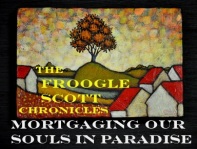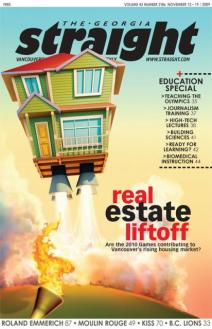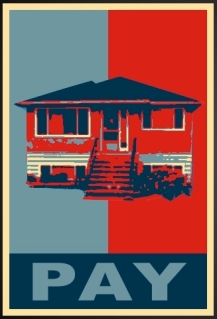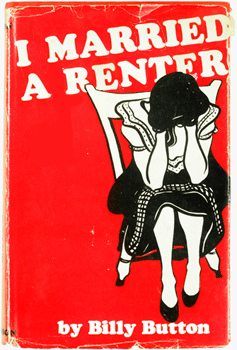
“Once considered Canada’s hottest locale for real estate, home values in Vancouver took a beating over the course of a year, with the average home price dropping from over $1.1 million in February 2016 to $995,583 a year later. …
Zoocasa calculated the loss (or gain) of return by taking the year-over-year change in average home prices and then dividing it by the down payment buyers would have had to make in February 2016.
By this measure, Vancouverites lost 49 per cent of the return on their down payments.”
– excerpt and image from ‘Vancouver homebuyers lost almost 50 per cent on their down payments in 1 year’, Jesse Ferreras, Global News, 28 March 2017
Yeah, it’s called ‘leverage’ – bliss on the way up, a real bummer on the way down.
Along with other factors such as no capital taxes on primary residences, it’s why RE speculating has, superficially, seemed like such a no-brainer in Vancouver for the last 17 years.
But it is on the descent where the piper gets paid… the ‘virtuous’ cycle turns ‘vicious’.
It’s noteworthy that the downside of leverage is now getting headline news.
At the time of posting, the only comment on the Global site was from a realtor complaining that the article was too negative, and suggesting that it’d be preposterous to suggest that there was high risk in RE. If this market crashes the way it very well could, many are going to be surprised. If a 10% swoon costs you 50% of your ‘investment’, what will a 30% drop cost you? Or a 50% drop? Not pretty.
– vreaa
































